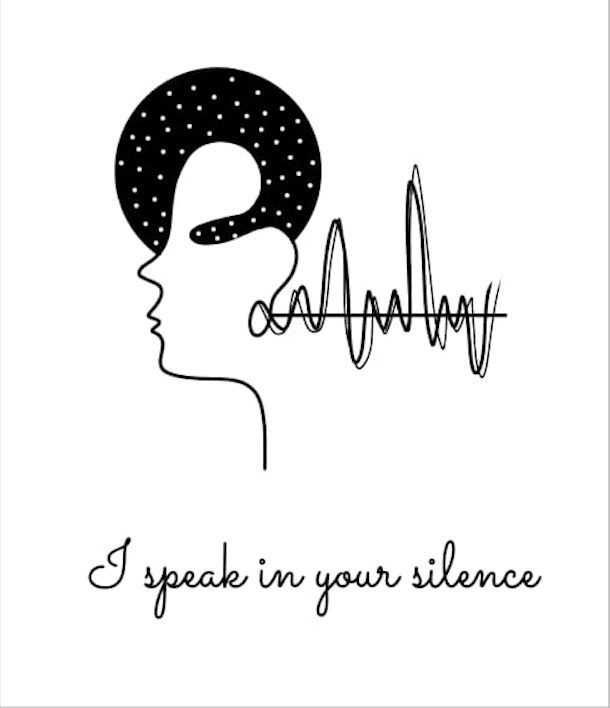# My Journey to Understanding Life Without God
Written on
Chapter 1: A Past of Faith
There was a period in my life when I was deeply devoted to spiritual practices, visiting temples frequently and engaging in prayer. My approach was inclusive; I found comfort in addressing various deities, whether it was reciting the Hail Mary or chanting the Hindu mantra "om namo bhagwate vasudevaya namaha" and the Jain shlok "uvvasagaharam."
My friends and family often expressed surprise at my “religious” nature, given my contemporary lifestyle and modern views. However, their astonishment turned to disbelief when I shared that I no longer held faith in God, as if I had transformed into something otherworldly.
What prompted this shift in my beliefs?
While it's often said that resilient individuals rise to challenges, I found myself immobilized by overwhelming pain during some of my most difficult years. This seven-year span was marked by relentless personal and professional turmoil. As an analytical thinker, I spent countless hours dissecting the chaos around me, seeking answers to the disarray.
Being a natural problem-solver, I endeavored to articulate my feelings and discuss my experiences, but that only compounded my difficulties. (For those who think rational discussions can resolve issues, they might as well believe in flying pigs!)
During those challenging times, my spiritual mentor provided invaluable support. He urged me to stop overthinking and to refrain from seeking divine intervention. Instead, he encouraged me to embrace silence and self-reflection.
Learning to "sit in silence" proved to be one of my greatest challenges. As an extrovert, being alone for extended periods didn’t come easily to me. Nevertheless, I committed to the practice.

What began as brief moments of silence—just five minutes a few times weekly—gradually extended over time. Within six months, I was dedicating at least an hour each day to this practice. I discovered not only a sense of peace in my surroundings but also a growing tranquility within my mind.

The subsequent weeks, months, and years were not without their struggles. Professional obstacles persisted, as did challenges in personal relationships. However, these difficulties no longer inflicted pain or distress upon me.
During this transformative period, I became engrossed in the study of karma and its significance in our lives. I realized that the principle of "what you reap, you sow" is a clear reflection of karmic law, where every thought, word, and action has consequences.
I came to understand that God plays no role in our lives; instead, we are bound to face the inevitable outcomes of our actions, with divine grace offering no escape from this reality. Consequently, I no longer believe in God as a being. I see myself as an atma (soul), responsible for my own journey toward improvement. By focusing on atma shuddhi (the purification of the soul), I can address my karmic consequences.
In future writings, I plan to delve deeper into topics such as karma, the dichotomy of happiness and unhappiness, and the notion that our minds can be our greatest adversaries. I look forward to sharing these insights with you.
I welcome your thoughts and reflections.
P.S. I encourage respectful and professional discourse, even if you hold differing opinions!